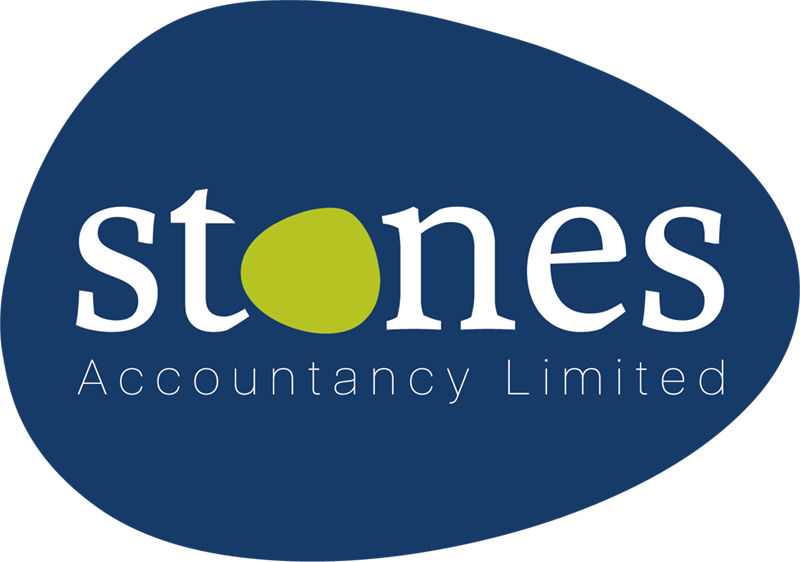Study our quick guide to clarify your understanding of Capital Gains Tax for business, covering everything from how to calculate it to when to pay.

What is Capital Gains Tax for businesses?
CGT is a UK taxation that refers to the increase in the value of a capital asset when it is sold.
Put simply capital gain occurs when you sell an asset for more than what you originally paid.
Many common assets can be subject to CGT when they are disposed of. This includes assets such as shares, bonds, and property. Selling a business, or shares in a company could be subject to CGT.
The self-employed pay Capital gains tax if they’re a sole trader or in partnership with others. Otherwise, corporations will be invoiced for Corporation Tax.
When do you pay Capital Gains Tax?
You pay when you sell an asset and make a gain. The gain is calculated by taking the proceeds from selling an asset and deducting its cost. You can deduct costs associated with the sale and purchase such as legal fees.
The tax-free allowance is similar to the personal income limit for individuals and is currently £12300 per year.
Basic Income Tax Band = 10% CGT
Higher Income Tax Band = 20% CGT
How is Capital Gains Tax calculated?
Capital gains and losses are calculated by subtracting the amount you paid for an asset from the amount you sold it for. If the selling price was lower than what you had paid originally, then it is a capital loss.
It’s crucial to calculate the loss on the sale of any assets to ensure that you offset that loss against any profits in the same year. You can then use this amount to calculate your capital gains tax.
However, you must use the market value of the asset to work out the gain if you:
- pass it on to someone, other than your spouse or civil partner or a charity
- sell it for less than it is worth
- inherited the asset and do not know the Inheritance Tax value
- have owned it since before April 1982
If you claimed Gift Hold-Over Relief on an asset that was given to you that you now wish to sell or dispose of, you must use the original purchase price of that asset to calculate your gain. However, if you bought the asset for less than its true worth, you must use the amount that you purchased it for.
How to reduce Capital Gains Tax when selling a business
The best way to sell your business is by planning and taking advantage of all that’s available. This includes making sure you’re structuring the sale in such a way as it will be the most tax efficient for yourself. The sooner you get advice, the better.
If you’d like to speak to a member of our team about selling your business and the potential Capital gains tax, contact us below. For more useful information on accountancy, check out our other blogs or services.

